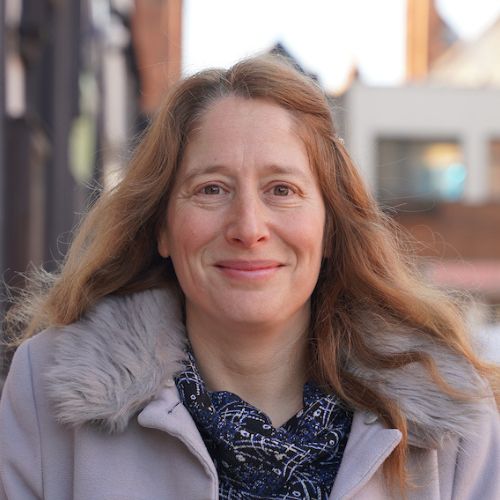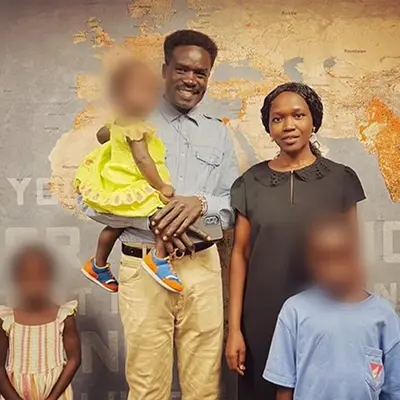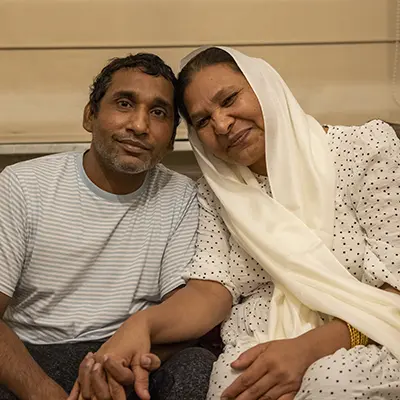- Public hearing at the Inter-American Court of Human Rights to take place this week
- Decision will also affect right of parents to direct religious education of their children
Washington D.C. (10 May 2021) – Will the decisions of parents be respected when it comes to the religious education of their children? The Inter-American Court of Human Rights will soon answer this question for 35 American countries in the landmark case of Pavez v. Chile. The public hearing will be held on 12 and 13 May.
“We hope that the Court will respect the fundamental nature of freedom of religion and belief. This includes the autonomy of faith communities to choose their teachers and the right of parents to have their children receive a religious education in accordance with their convictions,” said Tomás Henríquez, Director of Advocacy, Latin America and the Caribbean, ADF International. “Never before has a case on freedom of religion or belief and the rights it protects been brought directly before the Inter-American Human Rights Court.”
Continued employment, different capacity
Ms. Sandra Pavez taught Catholic religion classes in San Bernardo, Chile. When the local diocese learned that Ms. Pavez had entered into a same-sex relationship, contrary to the teaching of the Catholic church, they informed her that they could no longer certify her as eligible to teach the Catholic faith on the church’s behalf. She was able to continue her employment, however, uninterrupted, in a different capacity; even enjoying a promotion to become a member of the school’s management team.
Despite this, Ms. Pavez took legal action against the church in different instances in Chile, claiming to have experienced discrimination. When the Supreme Court upheld the church’s freedom to certify its teachers and the right of parents to have their children taught religion by someone who lives in accordance with their faith, she filed her complaint against Chile at the Inter-American Court.
Landmark case on religious freedom
Given the international scope of the Court’s jurisdiction, this is a case of concern to millions of people in the American states. The ruling could have a significant impact for people of faith. The court will determine whether Catholic, Jewish, Muslim, evangelical or any other religious school can ensure that those appointed to teach that religion live by what they are teaching. Thus, a broad coalition of organizations and religious communities have come together to defend this fundamental right and call on the Court to uphold the State’s laws. This coalition includes the Jewish, Muslim, Orthodox, Anglican and Protestant communities from Chile, as well as the head of the Council of Catholic Bishops of Latin American (CELAM), all of whom have filed a historic joint brief with the Court.
“Parents, and the religious communities to which they belong, must be free to pass on their faith to their children and to decide who will teach it on their behalf. International law clearly protects the autonomy of religious communities. The Church plays an important role in society and society benefits from strong and autonomous religious communities,” said Henríquez.
ADF International has submitted a brief to the judges of the Court to express the importance of protecting the right to freedom of religion and belief, along with the right of parents to direct the moral and religious upbringing of their children.
“Human rights law guarantees the right of parents to direct the moral and religious education of their children in accordance with their own convictions. Accordingly, religious classes should reflect this guarantee. This includes the appointment of teachers who are faithful representatives of those beliefs. Freedom of religion and belief is at stake for parents in the Americas. It is vital that the Court act to protect this fundamental freedom,” said Robert Clarke, Deputy Director of ADF International.








